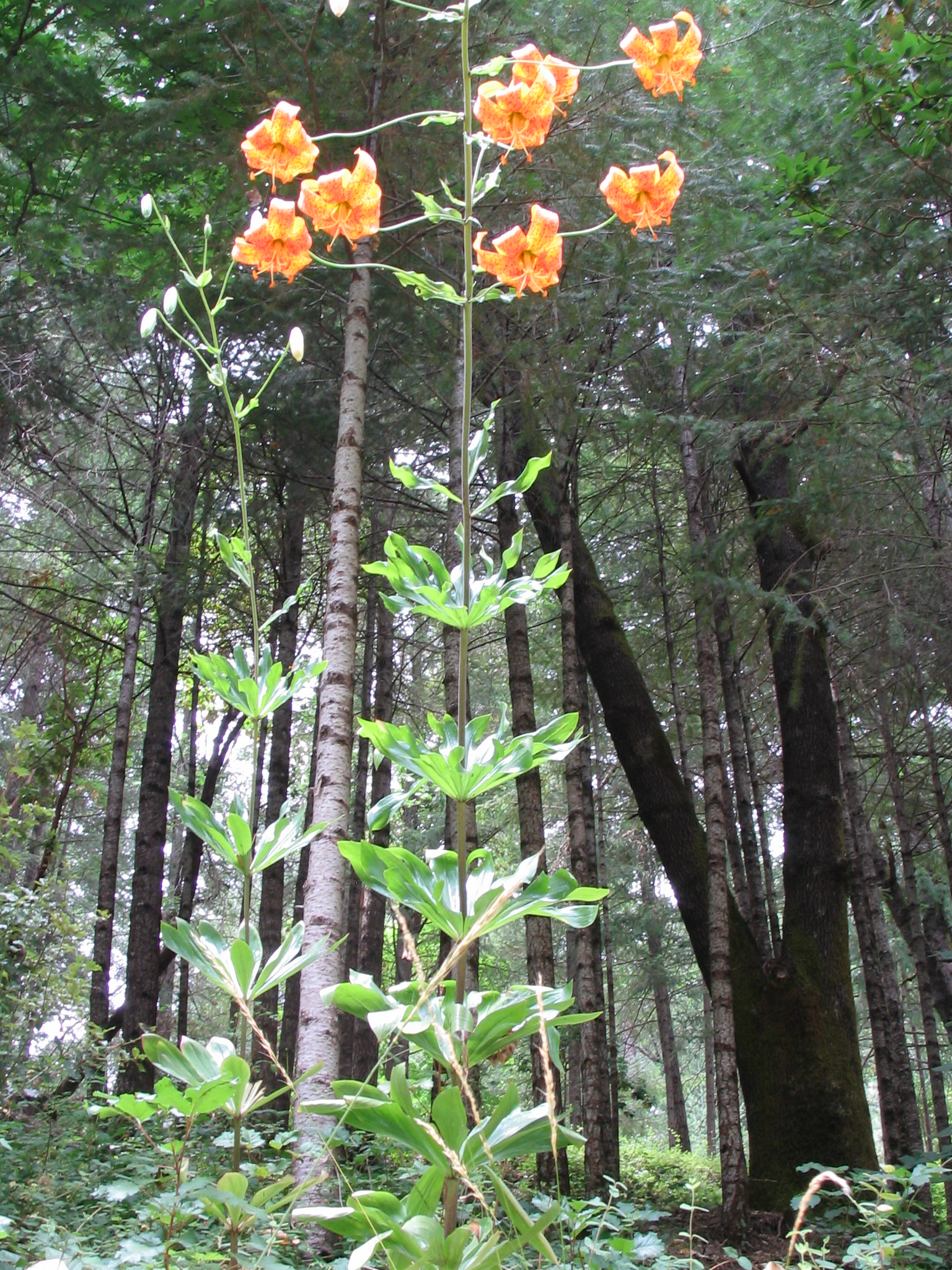If there was any doubt in your mind about peoples interests in self-sufficiency or survival subjects this is for you. “Horticulture, The Art and Science of Smart Gardening” magazine is becoming a part of “Living Ready”. Here is what Living Ready say’s they are all about.
"You will love being a member of LIVING READY if you are honing, or want to begin honing, life skills such as: • growing your own food, and canning & preserving that food • hunting for food, and then preparing and storing the catch • using herbal remedies to save a trip to the doctor's office • creating non-toxic cleaners for your home • raising small animals such as chickens, rabbits, pygmy goats • beekeeping • bartering and networking to meet the needs of yourself and your family • training to be suitably armed to survive threats against you and your"
According to Living Ready Community Leader Patty Craft Dunning, " Horticulture: The Art & Science of Smart Gardening will continue to be published in print just as it always has. Nothing has changed there, and Living Ready 's magazine and website will be able to share similar info as what you read in Horticulture (for example, edible gardening topics like what Peter Garnham writes for Hort, understanding pest management, how to plan and plant edibles for canning, etc.)" Patty adds, "our parent company, @F+W Media, also publishes Gun Digest. And, yes, there will plenty of info in Living Ready about how to be suitably armed to hunt-and-gather food as well as how to protect yourself and your family in threatening situations."
Smart move on this companies part. The interest in these subjects will only grow as we continue to see the poor response of our government when it comes to situations like Hurricane Sandy, and other natural and man made disasters. It’s seems only wise to be prepared where ever you live.
In addition, people are just interested in learning some of the skills that we have forgotten over the last couple of generations. Growing your own food, protecting your family, and being able to deal with the various natural and man made disasters that pop up. This interest is especially strong with the younger demographic like Generation Y, who we in the horticulture trades want to attract. For some there is a "doomsday" type feel to this, but for most people it's just exciting to be able to take charge, and see if you can do it. It's about living better, and closer to the land.
Interesting times in the horticulture field these days. If you have followed this blog you know I encourage garden centers to become the local source of information and tools to help people reach those goals. It’s one way for smaller independent locally owned garden centers to stay relevant. Become indispensable to your community by providing them the tools and services they are most interested in. It would appear being prepared, and self-sufficiency are two of them.






